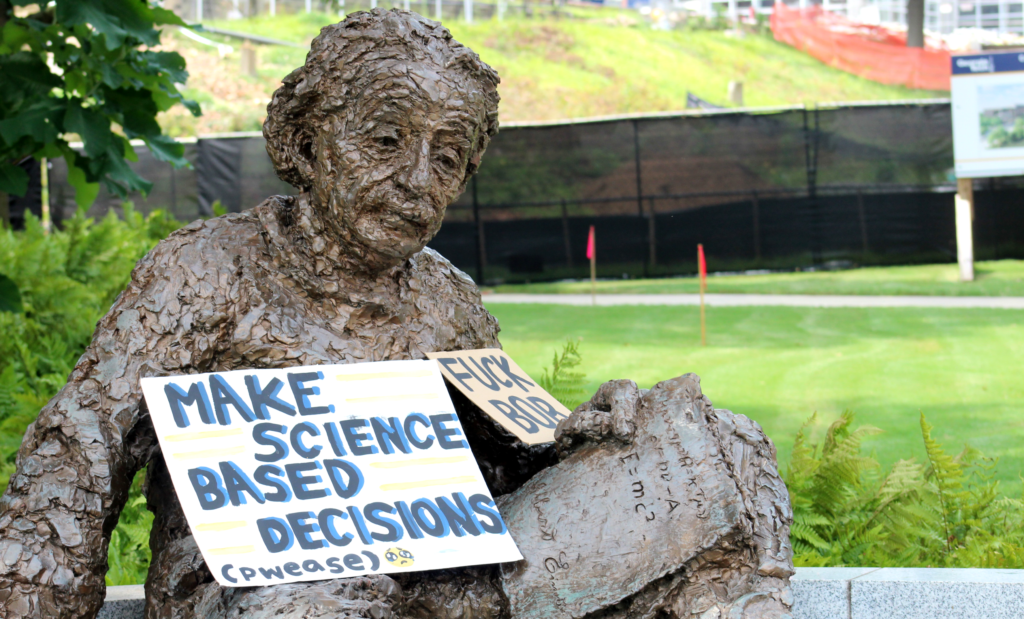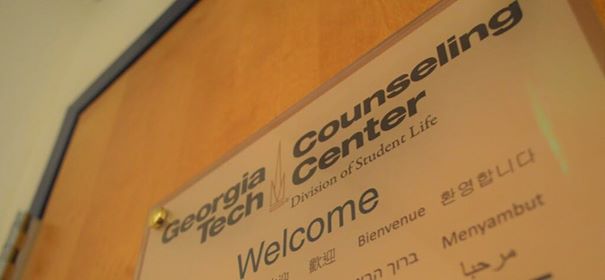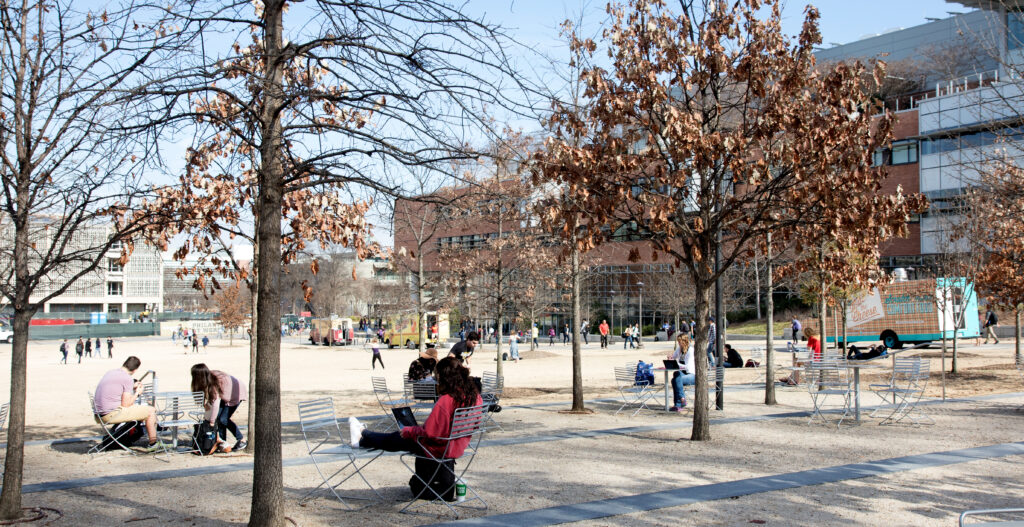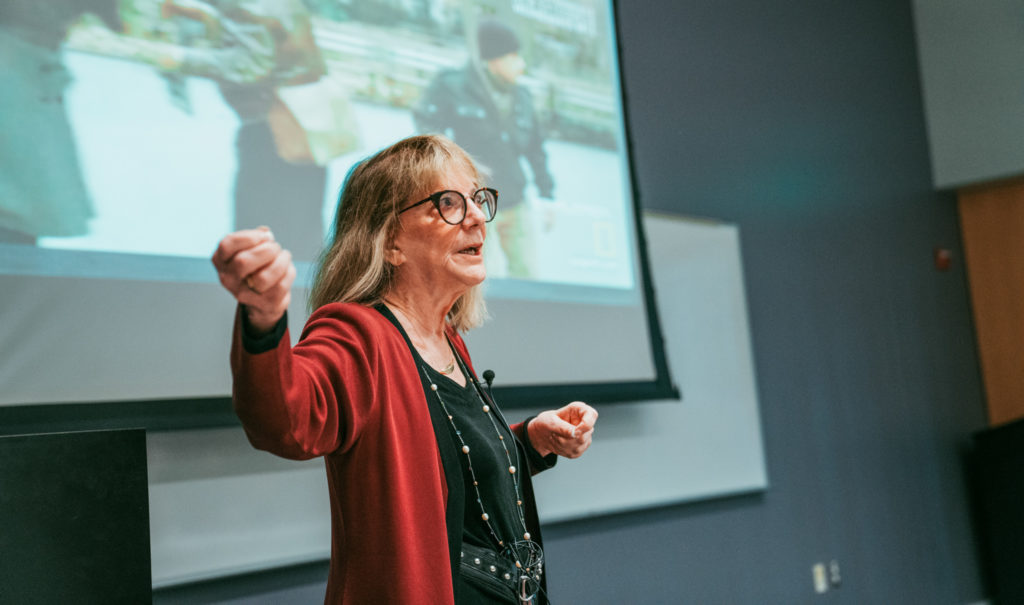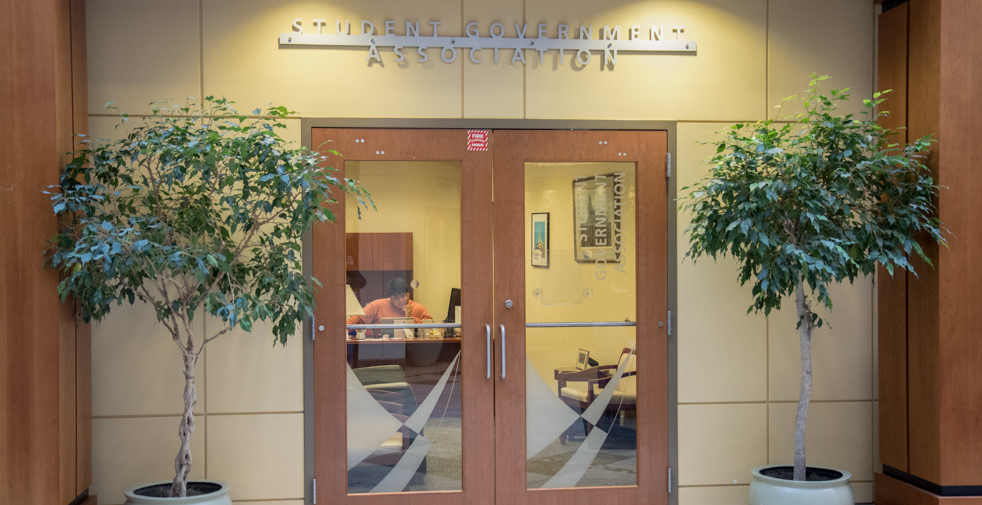Posted on 12 March 2020.

Editor’s Note: This article will be updated as new information is received.
In the midst of rising coronavirus concerns and multiple Level 3 travel advisories in various countries, Tech students’ current and future study abroad plans are in disarray. Multiple programs have already been canceled for the current term or the summer, and many other program’s statuses hang in the balance as the administration is re-evaluating the risks of sending students abroad.
Some students just recently arrived at their international destinations for the semester, yet were sent home mere days after they settled in, creating concerns about losing academic credit, summer enrollment and the financial loss that resulted from the sudden cancellations.
Thalia Tyson, second-year IAML, arrived in South Korea on Feb. 24 as a part of the Yonsei Seoul Exchange Program, only to receive an email on Feb. 25 from the Office of International Education (OIE) informing the exchange students that “GT has decided to cancel all spring 2020 programs in South Korea due to the ongoing coronavirus outbreak. The CDC has officially raised their Warning to level 3.”
When Tyson had first boarded the plane to South Korea, the travel advisory was still at a level one, and there was no indication from OIE that the program was at risk of cancellation.
“When I found out about it going up to level two I had just gotten off the plane, and my parents had been texting me while we were in the air and they said that the president of Korea declared a national emergency,” said Tyson, but she had yet to receive any direct communication from Tech about the change in the advisory level.
Tyson herself avoided quarantine given that she had just arrived from the States, but others living in her building who had traveled from China and other countries were put into a 14-day quarantine in the same building.
“They had the top floors set up … we didn’t see [the students], but they had told us the policy in advance. Allegedly [the students in quarantine] weren’t allowed to leave their rooms and they were going to be fed by staff, and basically put food under the door,” said Thalia about the state of the quarantine.
“There was a lot of hand sanitizer everywhere and we had to wear masks. When we got there, they checked our temperature, there was an infrared thermometer by our building doors every time you walked in.”
Despite the tense environment and risk of exposure to the virus, Tyson was more worried about what would happen after she returned to the campus. “I think korea is being more proactive in comparison to America,” said Tyson. Regardless of health concerns, the cancellation of programs has also left academic plans hanging in the balance.
Tyson got into contact with OIE to ask, “what our options were for potentially other credits that make up this semester, and they said the only way they’ll consider giving us credit is if Yonsei offers online classes for the semester,” said Tyson, but there is no guarantee the university will offer this course of action. Otherwise, students will not be enrolled in any classes for this semester and will have to register for summer courses at Tech instead.
“We asked about potentially going to New Zealand, or Argentina because their programs haven’t started yet. But they said the visa process was too long and we didn’t have time to properly apply to the schools, so they couldn’t send us there … we have no options for this semester except to just come back in the summer.” If the students don’t register for summer classes, they will have to re-apply for admission in the fall given that the withdrawal of classes for two semesters means a withdrawal from the Institute completely. The loss of credits for the semester even means potentially pushing back graduation one semester for some if they are unable to make them up over summer.
On March 5, students whose programs faced cancelation also received notice from the Office of Scholarships and Financial Aid that their scholarships had been revoked since they were no longer enrolled in classes abroad, leaving students with unpaid balances in their Bursar account and pending payments. However, OIE is still determining the refund process and how to best handle the financial loss students have faced.
Students like Tyson, who had taken out an institution loan to purchase the flight ticket to South Korea, were depending on the disbursement of scholarship funds to pay back the money they had already spent by taking out loans or from the additional expenses like purchasing materials for their dorms while abroad. “Even if they do get us a partial tuition refund or a full tuition refund, there are still problems with that … we could have an option to take credits, but we’re not going to have them anymore if they’re giving our money back. If they don’t give the money back, of course, we have tuition that’s due now.”
“It’s a really frustrating situation and all of us are trying to make the best of it … but this is reflective of a lot of things that happen at tech … inadequate preparation or ability to take care of their students,” said Tyson. “Tech was really misleading because the day before they took us out they told us they weren’t going to take us out.”
Although there was no risk of the program being canceled prior to the students’ arrivals, “we knew the coronavirus was a thing about a month before we left,” said Tyson. The start of the program had even been pushed back one month due to this possibility.
“Maybe if there had been some kind of contingency plan before we left like ‘Hey, if this really blows up here are some backup options … like go to this place or have these online credits.’ If we had known early enough that we’re going to get pulled out, we could have applied to internships for the semester, or we could have gone to some other program that hadn’t started.”
Some in the Georgia Tech-Lorraine Metz-based program had already been quarantined upon their arrival from neighboring countries while traveling, and initially the students had been given the option of leaving the program or remaining in Metz for the time being. However, Clemson students who were attending GTL were contacted by their administration and given five days to return to the U.S.
When they arrived in Metz, the students created a GroupMe to keep in touch with each other, consisting of 153 total members currently. According to a poll sent in the group, at least 43 people reported getting quarantined while abroad.
“They are confined to their room besides being able to do laundry at certain times on the weekends. There is a form they fill out to have groceries, etc sent to their rooms,” said a current GTL student who wishes to stay anonymous.
Those who weren’t under quarantine were still attending classes per their regular schedules, but those who were will most likely be required to make up assignments and labs that can’t be completed while under quarantine. Exams are being pushed back to allow make-ups, but there is no denying that this situation is anything but the ideal study abroad experience students had in mind when they applied.
Mia Huff, second-year BME, is another student who is currently stuck in Metz while Tech delivered their delayed response. “The teachers are just continuing on as normal but tests have been moved around due to all the students in quarantine. Some teachers have been trying to use video conferences to keep quarantined students up to date but some have just been carrying on and I’ve been getting texts from students asking for class notes,” said Huff.
The only communication students have access to from the Institute consists of Tech’s mailing list and from one advisor who is in contact with the main campus. There is also a Facebook group where concerned students have been posting in attempts to get more information, only to be directed by faculty to personally reach out to the Dean of the program.
“We’ve only been told to look out for updates as we’ve seen countless study abroad programs already cancel and organize their students’ departure. Honestly, the semester was fun while it lasted, but I just want some clarity on what I’m supposed to do in the meantime while every other program is being cancelled,” said the anonymous GTL student.
In regards to the students who have chosen to stay on campus for now, “I don’t really feel like any student is concerned for their safety with the virus. We haven’t seen any news as of now with cases in Metz, France … Although school credits being a big concern, Italy just closed boards and restricted the travel of millions and that happened over night.”
“No one wished for this coronavirus thing to happen. I had many other places I wanted to travel to before the semester ended, but all hopes of that happening are crushed, especially with the possibility of France closing down borders if the virus spreads to a certain degree.”
Many students feel discouraged given the circumstances and upset at the lack of communication from Tech’s administration, but given how unexpected these recent events were, no one has the answers of how to handle such a situation.
“I think Tech is responding well and being overly conservative in every situation so far, which is why I think they’ll cancel the program. The CDC strongly recommended canceling and if something went wrong, Tech would get in a lot of trouble if they had ignored the serious recommendation, “ said Huff.
In an email sent to “Members of the Georgia Tech community,” at 7:24 p.m. on March 5, the Institute’s new Coronavirus Task Force addressed many of the concerns regarding the spread of the virus and how it would affect classes on campus, events, study abroad programs and more in the present and future.
The email reads “All university-related travel to countries listed at Level 3 or higher on the CDC’s travel advisory have been canceled. A Tech-sponsored program to Japan has also been canceled.” Additionally, “Summer study abroad programs, as well as classes and activities at the Georgia Tech-Lorraine campus abroad, are being assessed. Decisions will be communicated to campus by March 13.”
According to an email sent out on March 12 by President Cabrera to the Tech community, “Effective immediately, all Georgia Tech student programs operating outside of the U.S. are canceled for the remainder of the Spring 2020 semester. This includes study abroad, Georgia Tech-Lorraine, international internships, exchange, and any co-curricular programs affiliated with or sponsored by Georgia Tech. Students participating in these programs should return to their permanent residence in the U.S., or their home country, immediately.” Additionally, all of the study abroad programs for this summer have been cancelled, with OIE to follow-up with more information by March 23.
Despite the Institute’s decision to withdraw all Tech students from their abroad programs and internships immediately, they failed to deliver the message in a timely manner. Now that there has been a travel ban from Europe for at least the next 30 days, this greatly complicates how our students will get back home.
Although the ban makes an exception for American citizens, not every student who is attending an abroad program is an American citizen, so international students are being instructed to return to their home country immediately according to an email sent by GT administration. Also, now that the ban has restricted travel from most nations in Europe except for the UK, plane tickets will begin skyrocketing to fly to the U.S., and students are finding themselves unable to pay the prices necessary to leave.
There is also no guarantee that all of the airlines are obligated to fly into the country, severely limiting the options available to travel. If Tech had announced their decision to cancel Spring programs earlier this week, perhaps more students would have the ability to return in a more timely fashion. So far, most students have only received email communication about how to check out from their relative locations, but not about offering assistance to help get them back in the U.S.
The GTL Dean of Students Representative, Dr. Paul Voss, has also reached out to the Lorraine students and offered his assistance and personal contact information to students, but students still have the responsibility of finding their way back home.
To stay up to date with coronavirus updates and communications from the Institute, visit http://health.gatech.edu/coronavirus. The University System of Georgia is also providing updates at www.usg.edu/coronavirus.
